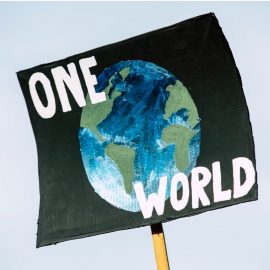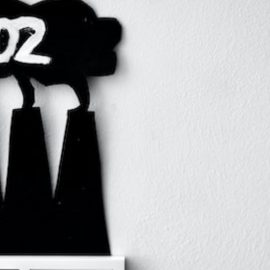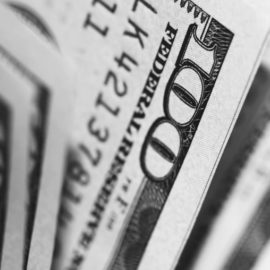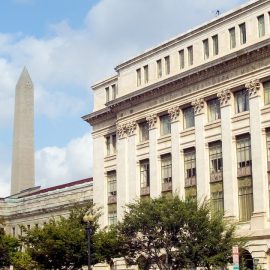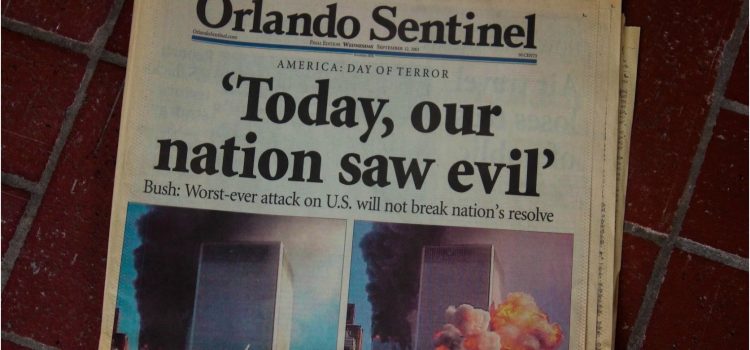
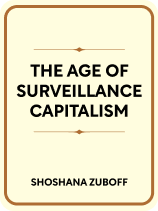
This article is an excerpt from the Shortform book guide to "The Age of Surveillance Capitalism" by Shoshana Zuboff. Shortform has the world's best summaries and analyses of books you should be reading.
Like this article? Sign up for a free trial here.
How has security after 9/11 affected the world? What are the consequences to society?
Bestselling author and Harvard professor Shoshana Zuboff created the term “surveillance capitalism” to describe the invasive practices of big tech companies gathering user data. According to her, the 9/11 terrorist attacks paved the way for surveillance capitalism to take hold.
Read on to learn why Zuboff says security after 9/11 created the perfect conditions for surveillance capitalism.
Security After 9/11 & Surveillance Capitalism
The Age of Surveillance Capitalism author Shoshana Zuboff argues that surveillance capitalism was born out of a specific set of conditions—a perfect storm of factors that gave birth to a new technological philosophy. According to Zuboff, surveillance capitalism is an emerging form of capitalism in which companies harvest data about our behavior, make predictions about our future behavior using that data, and sell those predictions for profit. Included in these conditions is the intensification of surveillance and security after the 9/11 terrorist attacks in the United States. Additionally, Zuboff claims that the rise of neoliberal ideology was another contributing factor.
Heightened Surveillance After 9/11
According to Zuboff, a condition that helped pave the way for surveillance capitalism is the United State’s push for heightened surveillance after the September 11, 2001 terrorist attacks. This push influenced Google to collect more and more data about their users, and as already discussed, their behavior ultimately gave rise to the philosophy of surveillance capitalism.
Zuboff explains that before 9/11, the Federal Trade Commission (FTC) recommended that online privacy be regulated. Had they succeeded, many practices of surveillance capitalism would be illegal. However, after the 9/11 attacks, the U.S. government disregarded these recommendations and instead intensified its own security and surveillance in the name of fighting terrorism, as seen with the passing of the Patriot Act.
(Shortform note: According to a report issued by the FTC in 2000, their motivation for recommending government regulation was the discovery that only 20% of the busiest commercial sites at the time met the FTC’s basic standards for privacy protection while under self-regulation. This suggested that self-regulation alone was not enough to protect consumers’ privacy and government action was required.)
After 9/11, intelligence agencies became interested in working with Google and its search-engine capabilities to reliably predict and detect future security threats by collecting internet data about anyone and everyone. These partnerships encouraged Google to invest in new technologies and participate in behaviors that would lead to surveillance capitalism.
| The Patriot Act and Surveillance Capitalism As Zuboff explains, the U.S. government heightened surveillance after 9/11 in the name of security and fighting terrorism; for example, by passing the Patriot Act. However, Zuboff doesn’t explain the details of this act and how it may have influenced Google in the coming years. The Patriot Act expanded existing surveillance laws to allow the government to access the phone, email, bank, and credit records, as well as the internet activity, of average Americans. But despite being advertised as a measure to combat terrorism, these investigations led to just one terrorism conviction from 2003 to 2006. In addition, the Patriot Act didn’t require the government to destroy the information it collected—even when it was from innocent Americans—and prohibited Americans from telling anyone that they were under investigation. After 9/11, these secretive and invasive practices in the name of security arguably set a dangerous precedent that would later play a major role in the development of surveillance capitalism. |
The Rise of Neoliberal Ideology
Aside from the increased surveillance after 9/11 in the name of national security, Zuboff also claims that neoliberalism helped give rise to surveillance capitalism. Zuboff explains that the anti-regulation mindset of neoliberalism also contributed significantly to the inception of surveillance capitalism. Following WWII and the height of the Cold War, the Western world—in particular the U.S. and U.K.—was in the midst of an economic downturn. In addition, these countries were extremely wary of the governmental control underlying totalitarianism and communism in other parts of the world. As a result, the people of the U.S. and U.K. began calling for more democratic participation and equal rights for marginalized groups.
As a solution to both the economic decline and the public’s demand for less governmental authority, neoliberal economists began to advocate for a radical free market based on Friedrich Hayek and Milton Friedman’s economic theories. They pushed for an unimpeded market where competition would reign free, and deregulation and privatization would replace government oversight, labor unions, and government-owned corporations.

———End of Preview———
Like what you just read? Read the rest of the world's best book summary and analysis of Shoshana Zuboff's "The Age of Surveillance Capitalism" at Shortform.
Here's what you'll find in our full The Age of Surveillance Capitalism summary:
- The methods big tech companies are using to watch you
- How surveillance capitalism can thrive despite opposition
- How to prevent it from destroying our freedom and democracy


